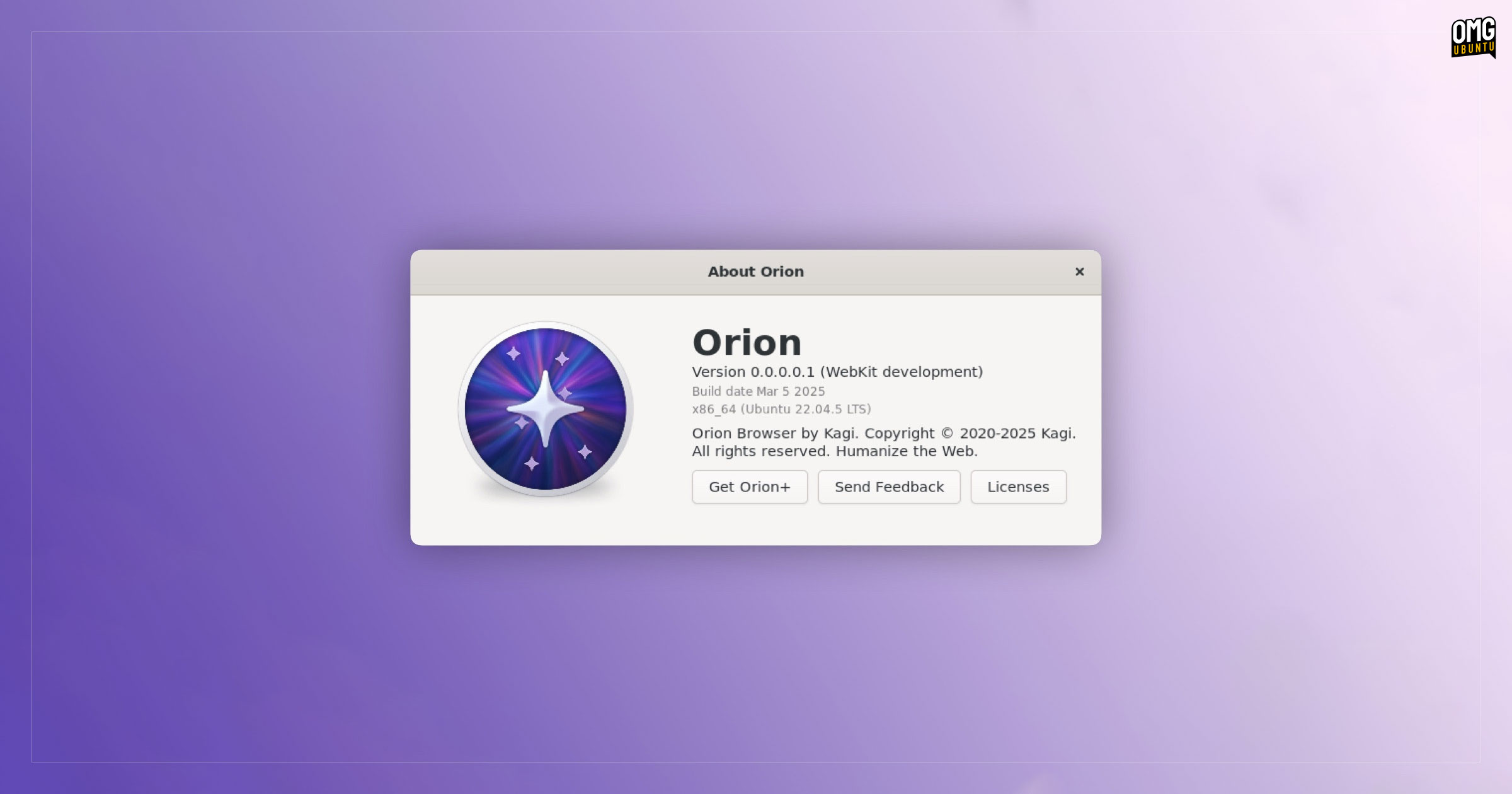Mastodon: @RmDebArc_5@toot.io
- 13 Posts
- 42 Comments

 7·1 month ago
7·1 month agoGnome is technically one of the most customizable, but it is opinionated which means the end user isn’t supposed to change anything, only devs (Like Ubuntu or Zorins customizations). Kde Plasma on the other hand is designed to be easily customizable, you are supposed to make it your own without having to install external software (for example Gnome requires you to manually install the extension manager while it is built in with kde). Then there is Xfce, which is also very customizable but has little built in. This is because with Xfce you are supposed to customize with external software (for example using plank as your dock).
So basically, Gnome is for when you want an opinionated DE (or want to make a distro and have it certain way), KDE is when you want something very customizable and Xfce when you something customizable and modular.

 8·2 months ago
8·2 months agoHow would one connect this to jellyfin while preserving thumbnails etc?

 11·2 months ago
11·2 months agoIf your not running Linux inside a PDF, inside a browser, inside WSL, inside Windows, inside the Linux version of virtualbox, inside FreeBSD jails, on a Arm System inside a x86 emulator than what are you even doing

 1·2 months ago
1·2 months agoI think that’s just you, it works fine for me

 2·4 months ago
2·4 months agoJust FYI, Infuse is a great jellyfin client for AppleTV

 10·4 months ago
10·4 months agoCheck out !opensourcegames@lemmy.ml if you haven’t already

 31·4 months ago
31·4 months agoApps I use in about the order of use:
- Firefox
- Brave
- The KDE application suite
- A terminal
- Voyager for Lemmy
- NetNewsWire (RSS)
- Jellyfin
- Proton Pass
- The Wikipedia app
- a-shell mini
- Heroic Games launcher
- Parabolic (yt-dlp gui)
Like they say in their FAQ it’s source available but not open source
No, GameVault is source-available, meaning the code is open for you to explore and modify for personal use. However, you may not use it for commercial purposes.
They also have a paid premium version which is required to use third-party clients, so there will be no heroic integration unless you pay
Looks cool, to bad it’s not open source

 2·5 months ago
2·5 months agoDoes this work like SillyTavern or what is the idea? Does it support SillyTavern Characters?
It had a verified version on flathub
Which clients do you recommend for IOS?

 14·5 months ago
14·5 months agoHow it works: I don’t know about this service in particular, but usually the shared contains the encryption key so like this: example.com/files/file_id/encryption_key or something similar
As for trust: This appears to be a individual, so you will have to just trust it when using the public instance. However, since it is FOSS, you can audit the code and spin up your own instance

 23·5 months ago
23·5 months agoPrivacy wise it very much is still Firefox with different defaults (telemetry disabled, do not track enabled), the changes to upstream are mainly the UI and some performance enhancements

 33·5 months ago
33·5 months agoIf you look at the description you can see that they clearly say that it isn’t official:
NOTE: This is an unofficial and experimental Flatpak build based on Android Translation Layer. Please report bugs to the ATL bug tracker instead of the NewPipe bug tracker https://gitlab.com/android_translation_layer/android_translation_layer/-/issues.
Don’t know why they’d put “Developer of the Newpipe app” as dev though

 4·6 months ago
4·6 months agoLinux ISOs obviously./s
On a more serious note: if you are downloading public domain movies or similar from the internet archive a download manager really helps.

 51·6 months ago
51·6 months agoLooks good, but too bad it’s not on flathub but that’s to be expected if the Linux version is still in beta. I’ll stick to Varia until then.

 4·7 months ago
4·7 months agoAccording to their GitHub the art is BSD licensed and the rest GPL

 6·7 months ago
6·7 months agoThis is not an engine, this is the freedoom equivalent for quake. You will need a quake engine like QuakeSpasmSpiked and then follow the how to play instructions.









Obsidian is proprietary though